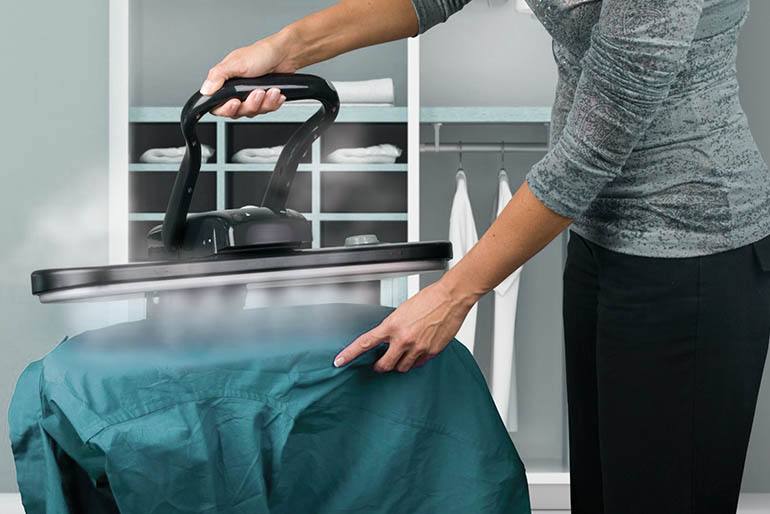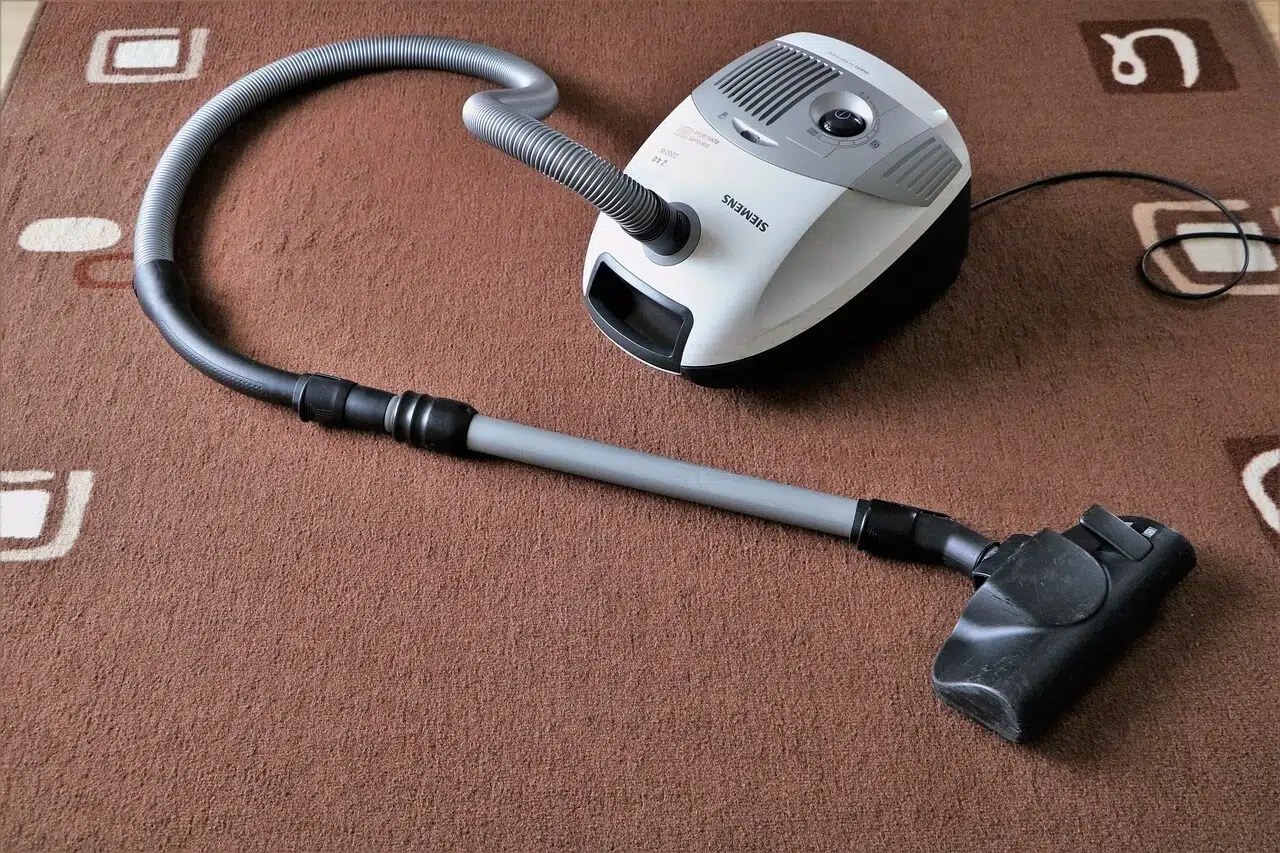7 Things to Consider Before Buying a Grill

Are you in the market for a new grill? Choosing the right grill can make all the difference in your cooking experience. Grills come in various types, sizes, and features, so it’s important to know what to look for before you buy. This guide covers seven key factors to consider when shopping for a grill, ensuring you find the perfect match for your culinary needs and lifestyle.
1. Type of Grill
The type of grill you choose influences the flavor of your food and how you’ll cook it. There are several types, including gas, charcoal, electric, and pellet grills. Gas grills are convenient and easy to control, while charcoal grills offer that classic smoky flavor. Electric grills are great for indoor or small-space grilling, and pellet grills are perfect for those who love to slow-cook their food. Consider your preferred cooking style and the flavors you enjoy when deciding on the type of grill.
2. Size and Cooking Surface Area
Size matters when it comes to grills. Think about the number of people you usually cook for and where you’ll be placing your grill. A larger grill with a spacious cooking surface is ideal if you frequently host large gatherings. A compact model might be more suitable for smaller families or limited outdoor space. Remember that a larger grill not only takes up more space but also uses more fuel.
3. Build Quality and Material
Durability is key in a grill. Look for grills made with high-quality materials that can withstand heat and weather conditions. Stainless steel is a popular choice for its rust resistance and longevity. Examine the grill’s construction, including its stand’s stability and the thickness of its cooking grates. A well-built grill is an investment that can last for many years. Additionally, ensure that the handles and knobs are sturdy and heat-resistant for safe and comfortable use.
Also read: 10 Best Electric Griddles
4. Heat Control and Distribution
Effective heat control and distribution are essential for even cooking. Look for grills with adjustable temperature settings and good heat retention. This is particularly important if you enjoy cooking a variety of foods that require different cooking temperatures. Some grills come with multiple burners or zones, allowing you to cook different items at different temperatures simultaneously. Additionally, check for grills with features like flame tamers or heat diffusers that can prevent flare-ups and ensure a more consistent cooking experience.
5. Additional Features and Accessories
Modern grills come with a variety of features and accessories that can enhance your grilling experience. Features like side burners, rotisseries, and built-in thermometers add versatility to your cooking. Accessory compatibility, such as grill covers, tool sets, and cleaning equipment, is also worth considering. Think about the types of dishes you want to prepare and choose a grill that offers the features and accessories to match.
6. Price and Warranty
Set a budget before you start shopping for a grill. Prices can vary widely based on size, type, and features. While it’s tempting to go for a cheaper model, consider the grill’s quality and longevity. Also, check the warranty provided by the manufacturer. A good warranty can offer peace of mind by protecting your investment. Keep in mind that spending a bit more initially on a higher-quality grill can often lead to greater savings in the long run, as it may require fewer repairs or replacements.
7. Specialties
If you’re looking for something unique, consider specialty grills like an outdoor flattop grill. These grills offer a large, flat cooking surface, ideal for cooking a variety of foods, from breakfast items to stir-fries. They’re great for those who enjoy outdoor entertaining and cooking for large groups. While not as common as traditional grills, specialty grills can offer a unique and versatile cooking experience.
Conclusion
Choosing the right grill involves careful consideration of your cooking style, space, and budget. By understanding the different types of grills, considering the size and build quality, examining heat control capabilities, exploring additional features, and thinking about price and warranty, you can select a grill that meets your needs. Whether it’s a traditional gas grill or a unique flattop grill, the perfect grill is out there waiting to be the centerpiece of your next barbecue. Happy grilling!




